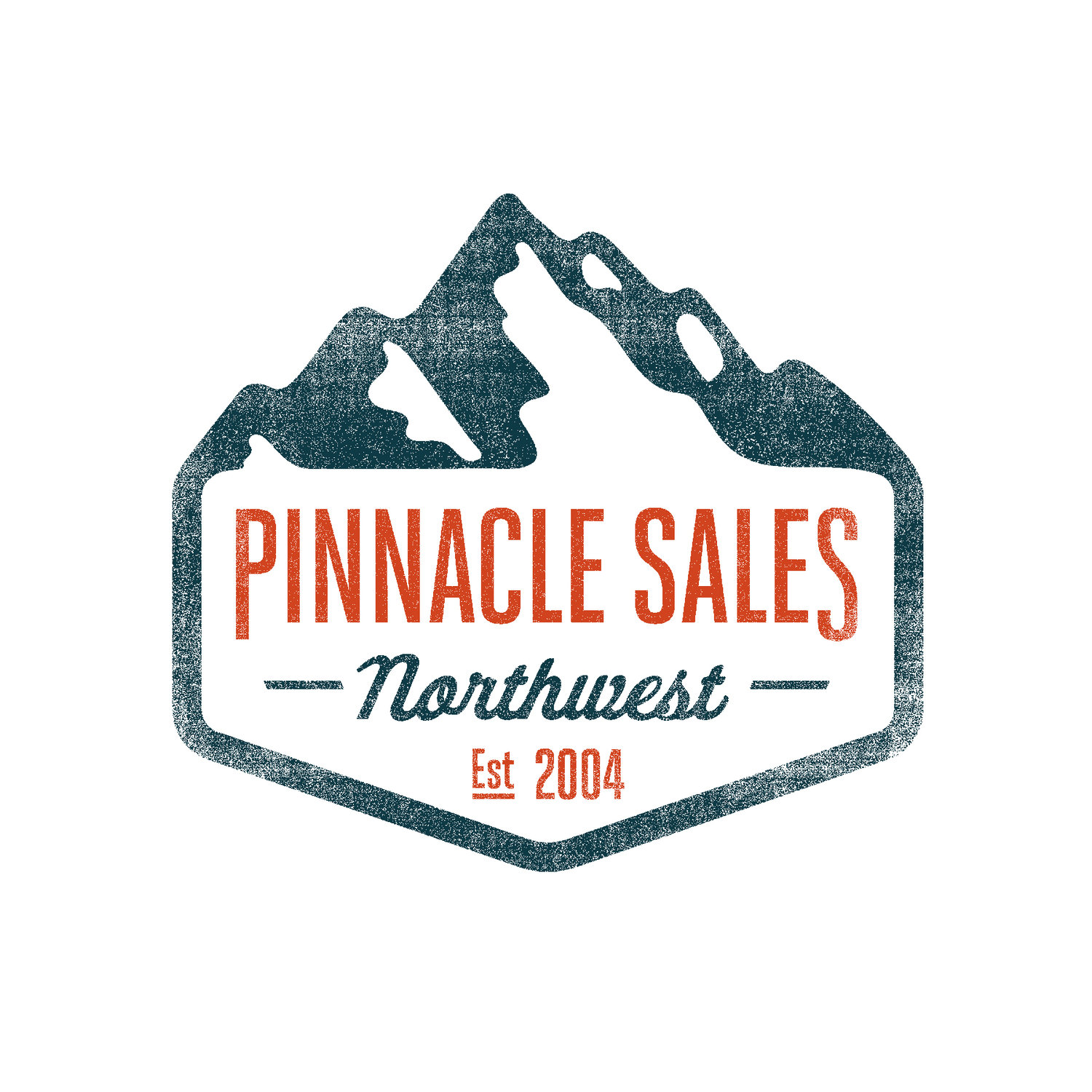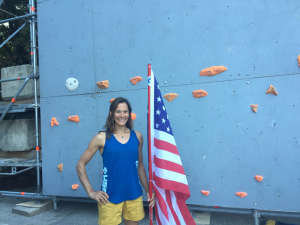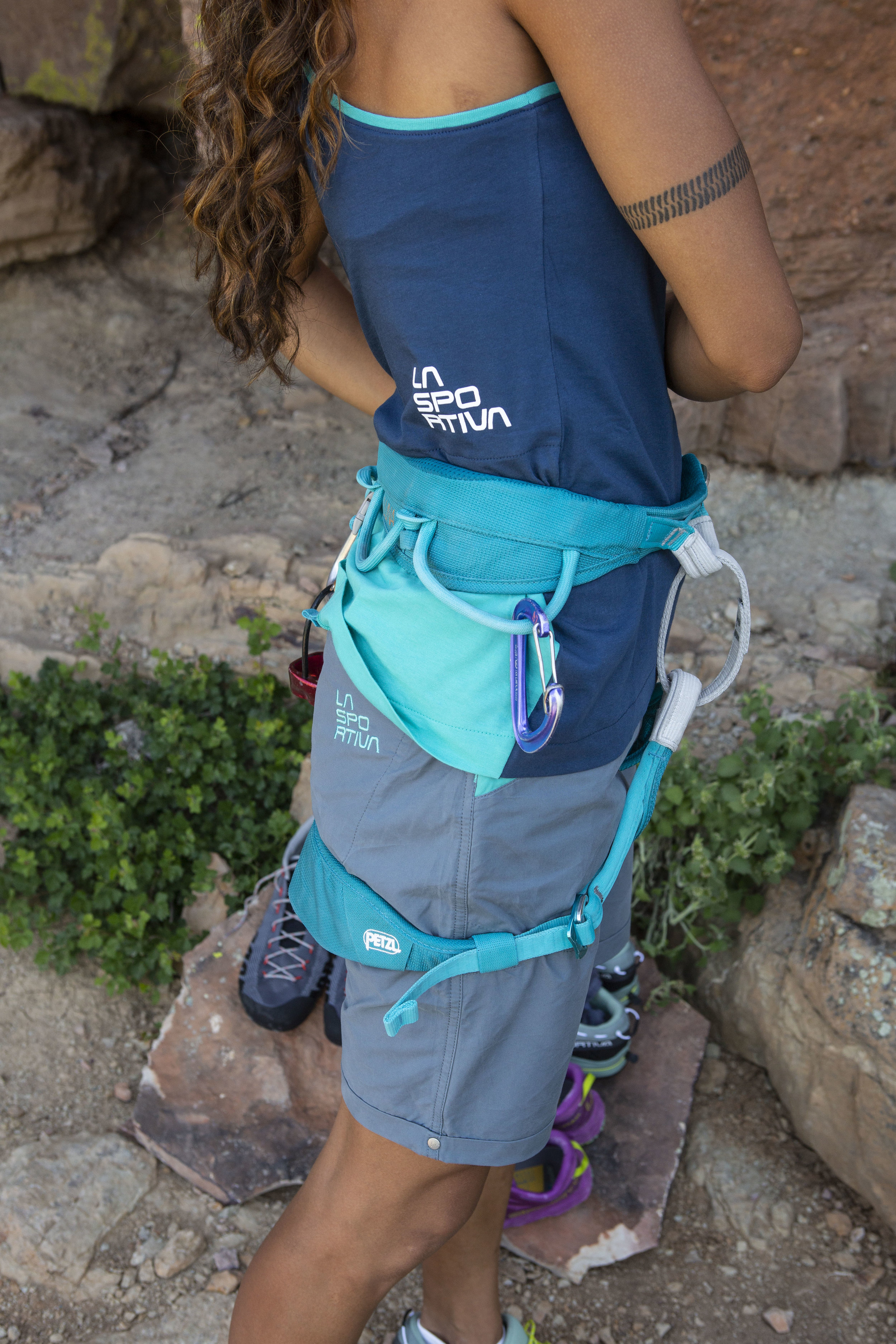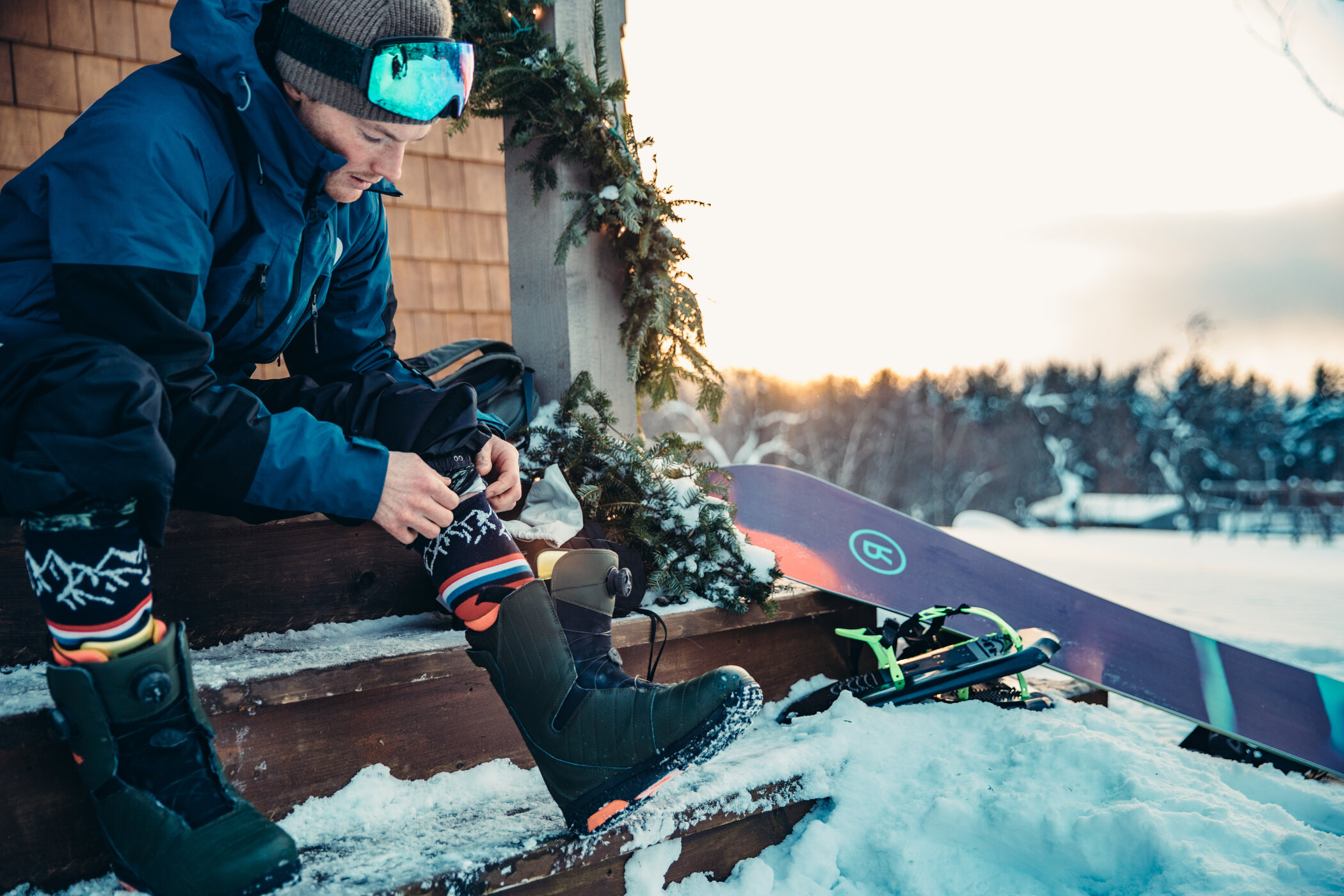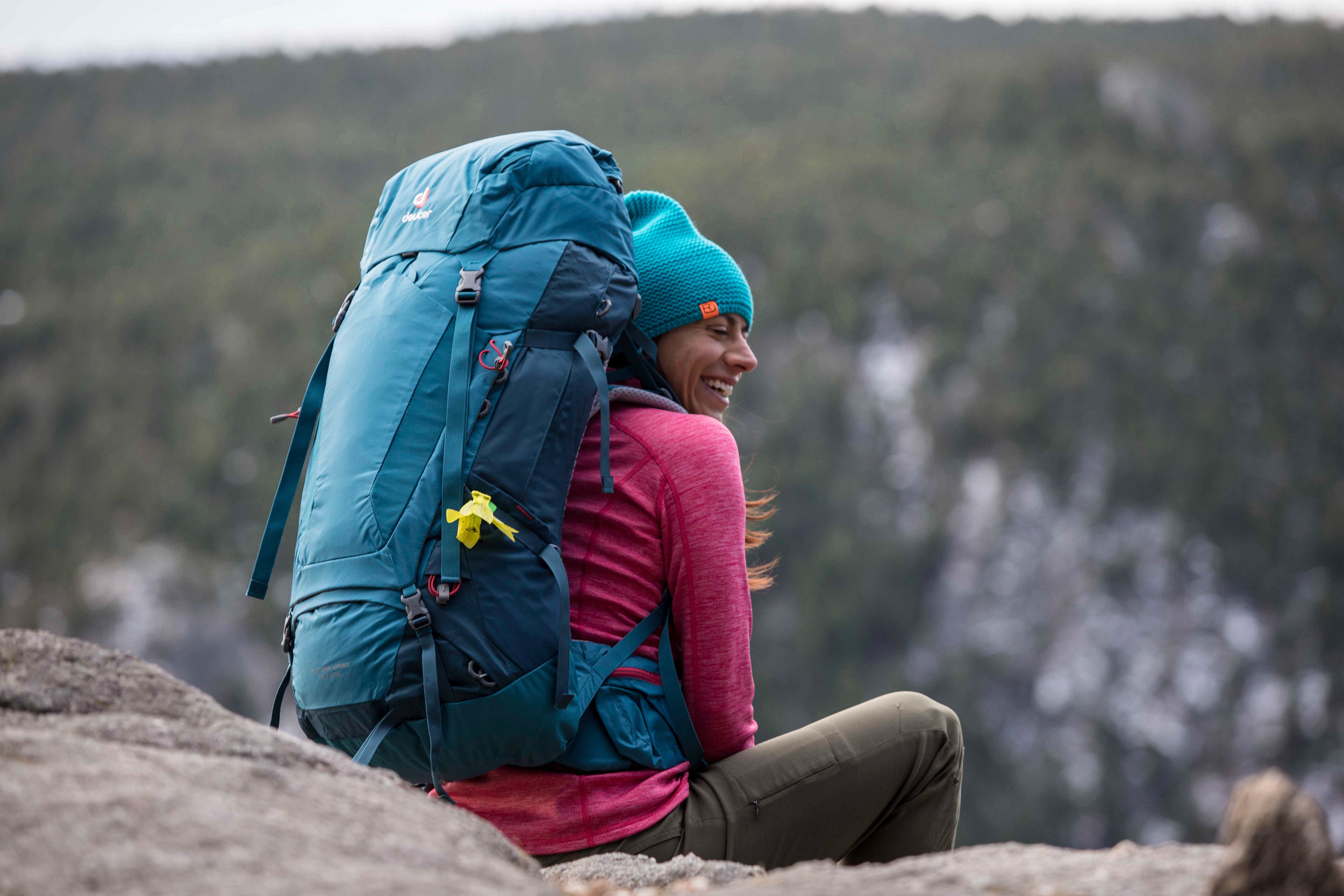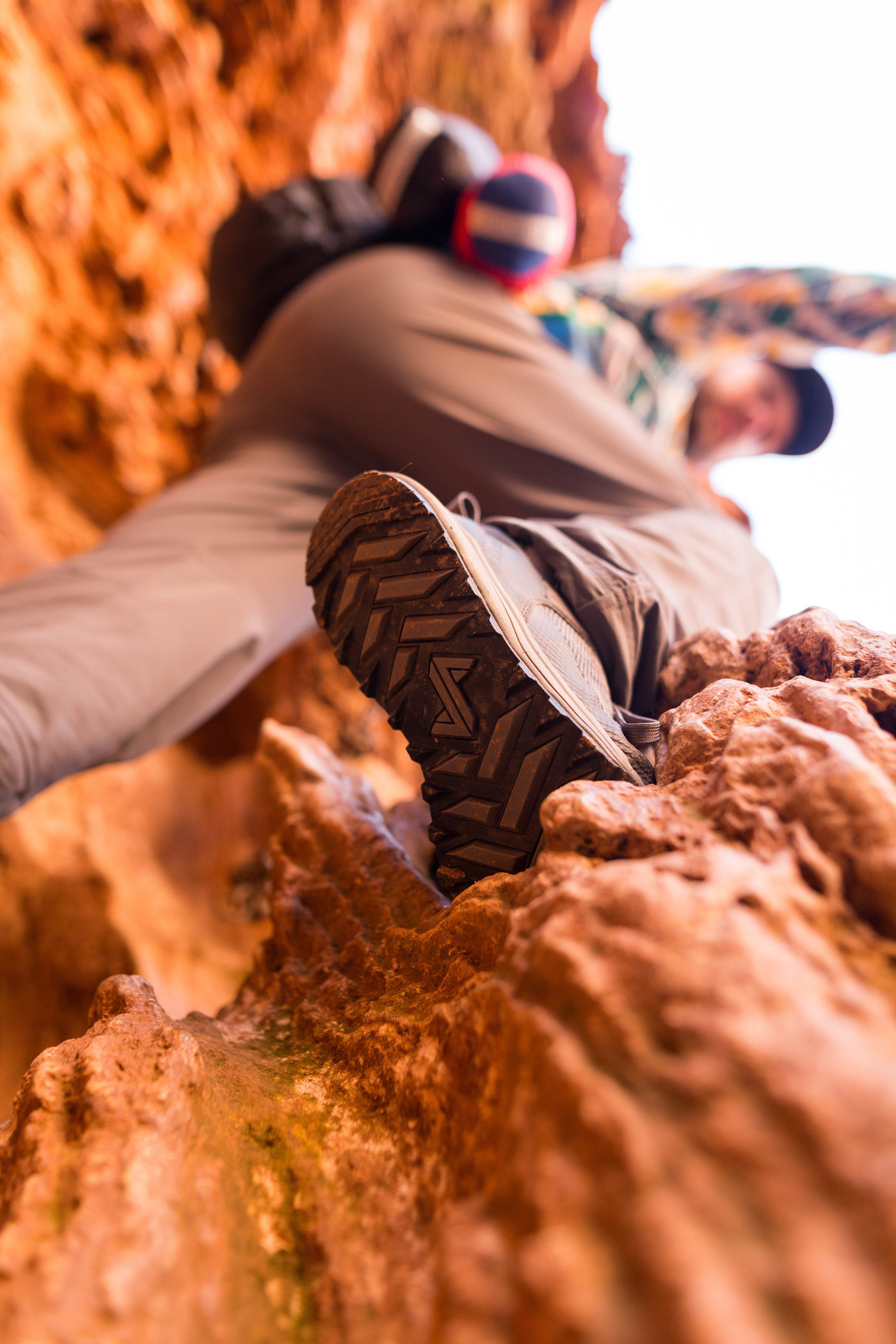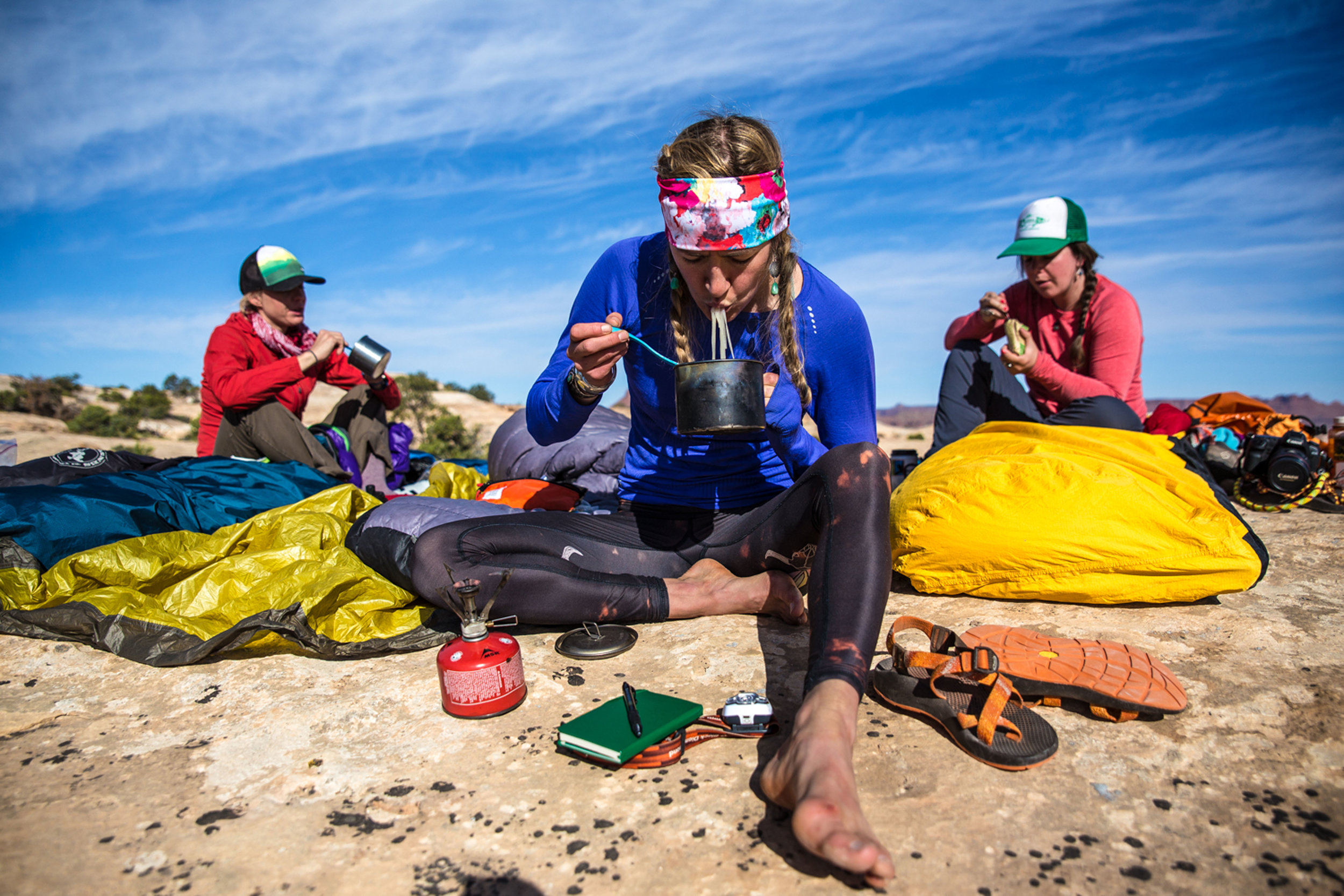Why Compete in Climbing?
/Holding the Flag before the presentation of athletes at IFSC World Cup (Lead) Briancon
There is always something on my mind, an endless stream of thoughts and things to ponder. Traveling gives me the time and space to process these thoughts but I don’t often get the time to put it down on “paper” to share with anyone. I hope to kick off some posts now that I’m back “home” before I lose touch with the nuances of this time away. The first is a look at what it’s like to be competing in a world cup with some of our most talented climbers from around the world.
The first question I get is Why? Why compete? Isn’t it better to focus on climbing outside? And, why try to compete with today’s youth who are seasoned competitors, some competing for most of their lives?
It does seem logical to focus more on the outdoors especially since there are no local lead competitions for adults. There are a couple fun ones that crop up from time to time, like the Summer Slam at Vertical World here in Seattle. However, as an adult, if you want to compete at the World Cup level, you simply show up at USA Climbing Sport Nationals and try hard to get a ranked spot to get an invite. For me, that means there is no real competition training. An adult that doesn’t come from a youth circuit will have to wing it at Nationals. Still, despite this distinct disadvantage, competing is nothing like climbing outdoors.
Competition climbing is really it’s own sport and it brings different challenges: performance on demand and under pressure, the ability to read routes and execute sequences, the mental challenge of performing on a stage and amongst some of the strongest climbers from around the world, as well as the confidence and belief in my ability. Of course, I think the outdoors are more fun and I want to be out climbing as much as possible, but having a chance to compete at this level, doesn’t last. The training, focus, diet, discipline, etc. it takes to consider this opportunity takes a toll and as an adult, that can have major consequences on ones job, family, mental acuity, social life, and finances, to name a few. Yet, for me, I think it’s worth it for this period in my life. Any training I do for competitions will directly translate to my outdoor goals. Therefore, for me, I think I have nothing to lose by trying.
I won’t be doing any more bouldering competitions, and I don’t have Olympic aspirations. Bouldering is good for training or for fun, but my days of competing in bouldering are over. In this regard, I think this is where age really does matter. I’m sure there are other people around my age who will still kill it out there, but I don’t want the risk. Injuries at this age are big setbacks and something major could take me out of climbing for good. It could happen in other scenarios, but signing up to consciously take on such a risk, isn’t worth it for me anymore.
Making some moves in the IFSC World Cup (Lead) Briancon
While I’m psyched to have the opportunity to compete at the World Cups this year, I know I’m at a significant disadvantage. The youth I am competing against have years of competition experience (Kai Lightner at 17 already has 13 years under his belt). It’s what they do on a regular basis, year to year. I definitely don’t have that and there is no way I’ll gain that kind of experience in the time I’ll be competing. But, I do have ~25 years of outdoor climbing experience and I have excelled at sport climbing so that’s got to count for something.
Brooke Raboutou making moves in Semis in Chamonix
Despite my significant disadvantage when it comes to competition experience for sport climbing, I’m still doing ok. My first 2 comps I ended up about the same placement though my mental attitude changed with the second one. If it wasn’t for this recent hip strain, I would have been amped to compete at Arco.
Chamonix was hard for me because I was anxious. It was my first international lead World Cup in Europe and it meant a lot to me to be there. I wasn’t sure I would even be able to clip the first draw. I seriously had a real fear of falling at the start or slipping off the first foot hold.
Briancon was interesting because although I was less anxious, I hit a wall on my first route and still wonder what I could have done differently. The second route, my head cleared exactly the way I would have hoped. I was “in the zone” climbing. I didn’t execute exactly what was in the video (qualifiers are flash format so there is always video footage of the routes competitors can watch prior to climbing), but I did climb the way I climb–leveraging information from the video. The only startling thing was my flub during a clip. I had a pause that took my ability to clip from clippable to “oh shoot” in a split second. I dropped the rope and tried readjusting but it didn’t help. I tried to back down to shake and realized that was a mistake, then tried to make forward/upward progress but it was too late. I wasted energy and I was no longer in the “zone” so I wasn’t relaxed and all of that tension zapped my ability to think and climb. Lesson learned.
Meeting a competition legend: Jain Kim from Korea
Both of these competitions taught me a lot. Meeting competitors I’ve heard of for years, some I’d seen in competition before but never shared a stage. To have my name in a lineup like that, to be on stage proving myself against a lineup like that…this challenge, pursuit of my fullest potential in climbing, the determination to get a world ranking and make a semi final round, to know that I was at least good enough to hold my own against people significantly younger than I, well, all of it is priceless to me.
Those competitors may have 10 or more years of competition in them, I certainly don’t. But, while I have the ability and psyche, then I’m determined to make the most of it. I’ve got nothing to lose and only gains to be had. I’m having fun being out there, taking on the training, being the best athlete I can be. In my opinion, there is nothing that demands so much of me than climbing competitions and I really enjoy that pressure! If that ever changes, I’ll stop, but in the meantime, my sights are on Kranj. Wish me luck!
Disclaimer: WordPress may include ads, which I do not endorse, to various blogs following posts.
